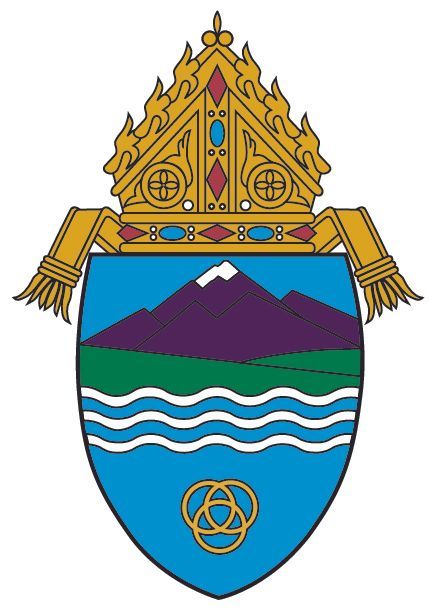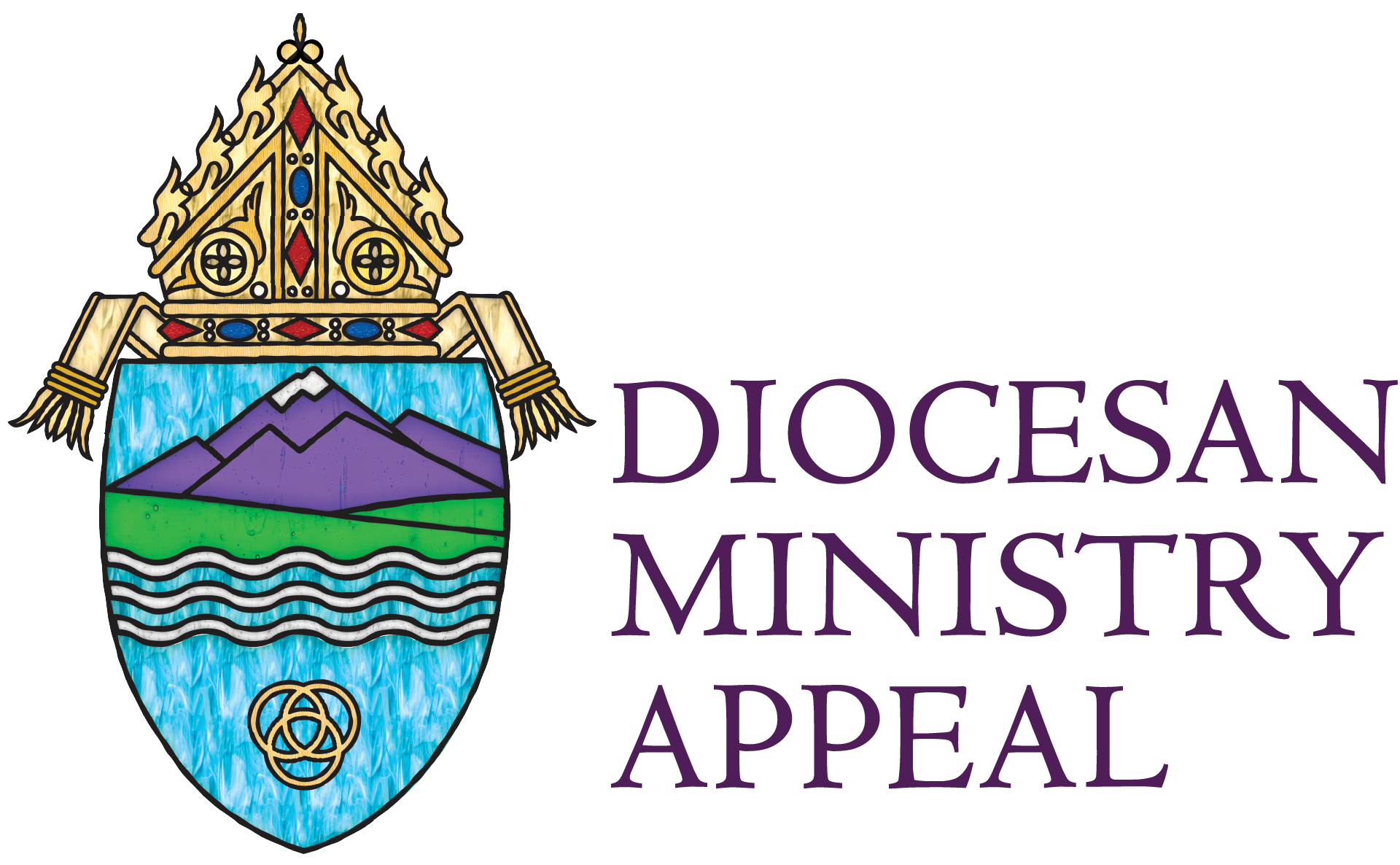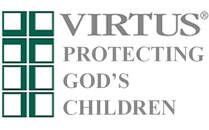Reconciliation/ Confession

The Sacrament of Confirmation
There are four steps in the Sacrament of Reconciliation:
- We feel contrition for our sins and a conversion of heart to change our ways.
- We confess our sins and human sinfulness to a priest.
- We receive and accept forgiveness (absolution) and are absolved of our sins.
- We celebrate God’s everlasting love for us and commit to live out a Christian life.
Sin hurts our relationship with God, ourselves and others. As the Catechism states:
The sinner wounds God’s honor and love, his own human dignity…and the spiritual well-being of the Church, of which each Christian ought to be a living stone. To the eyes of faith no evil is graver than sin and nothing has worse consequences for the sinners themselves, for the Church, and for the whole world. (CCC 1487, 1488)
A mature understanding of sin includes reflecting upon our thoughts, actions and omissions as well as examining the patterns of sin that may arise in our lives. With contrite hearts, we are also called to reflect upon the effects of our sins upon the wider community and how we might participate in sinful systems.
Contrition and conversion lead us to seek a forgiveness for our sins so as to repair damaged relationships with God, self, and others. We believe that only ordained priests have the faculty of absolving sins from the authority of the Church in the name of Jesus Christ (CCC 1495). Our sins are forgiven by God, through the priest.
The Spiritual effects of the Sacraments of Reconciliation include:
- reconciliation with God by which the penitent recovers grace
- reconciliation with the Church
- remission of the eternal punishment incurred by mortal sins
- remission, at least in part, of temporal punishments resulting from sin
- peace and serenity of conscience, and spiritual consolation
- an increase of spiritual strength for the Christian battle (CCC 1496)
Individual confession with a priest is the principal means of absolution and reconciliation of grave sins within the Church. The Sacrament of Reconciliation frees us from sinful patterns of behavior and calls us to complete conversion to Christ. Reconciliation heals our sins and repairs our relationships.
Receiving the Sacrament of Reconciliation (Confession) at our Parish
The Sacrament of Reconciliation is available to any baptized person over the age of seven.
First Reconciliation (Confession) for Children
For children in 2nd grade, they are prepared for the Sacrament of Reconciliation during the fall of their 2nd grade year in preparation for First Holy Communion. This process includes:
- Sunday Faith Formation Classes. (Absences should not exceed 3 per year.)
- A meeting with parents and children at the beginning of the year.
- Retreat with parents and children in February with follow-up on the day of First Reconciliation.
First Reconciliation (Confession) for older children and teens
For older children and teens in the Order of Christian Initiation of Children (OCIC) process, they will receive the Sacrament of Reconciliation during Lent or at retreat prior to the full initiation into the Catholic Church during the Easter Vigil.
For the Confirmation candidates in 8th grade, they too will receive the Sacrament of Reconciliation during Lent or at retreat. This will help prepare them for the Sacrament of Confirmation after the Easter Season.
Reconciliation (Confession) for Adults who aren't fully initiated into the Catholic Church
For adult candidates in the Order of Christian Initiation of Adults (OCIA) process who have been baptized, the Sacrament of Reconciliation will help prepare them for their full initiation into the Catholic Church during the Easter Vigil. They will receive the Sacrament of Reconciliation during Lent or at retreat.







